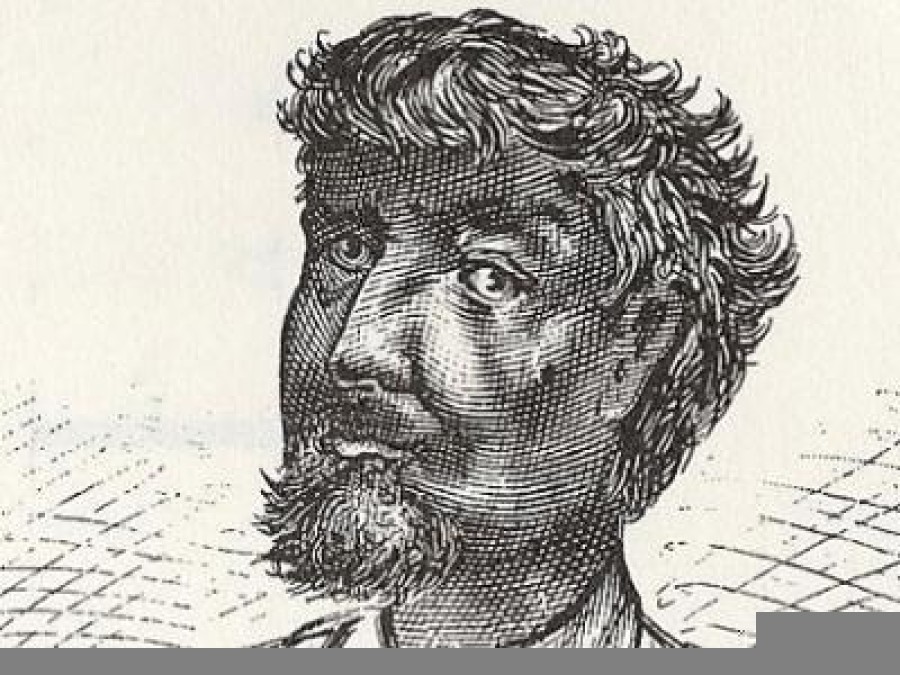

“The first white man to settle in Chicago was black.” That was a popular witticism around town in the 1930s, and it says a lot about the attitudes of the time. Of course, the person referred to was Jean Baptiste Pointe DuSable.
DuSable was the first non-indigenous resident of our area. We know that. But much of the historical record is fuzzy. Even his name has different versions, such as “au Sable” or “de Saible.” Nor do we have any real idea of his physical appearance, except that he was a big man.

He was born in Santa Domingo (Haiti) around 1745. His father was a French sailor — some sources say a pirate — and his mother an enslaved African. According to legend, when Jean Baptiste’s mother was killed during a Spanish raid, the boy swam out to his father’s ship to take refuge. After that, the older DuSable took his son to France to be educated.
Along with a friend, Jean Baptiste arrived in New Orleans in 1764. The two young men became traders, journeying up the Mississippi and through the Midwest as far as present-day Michigan. During this time, DuSable married a Potawatomie woman and became a member of the tribe. The Potawatomie called him the “Black Chief.”
Sometime after 1770, Dusable moved to the region known as Eschecagou — which visitors mispronounced as “Chicago.” He built a trading post at the mouth of the local river, near where the Tribune Tower now stands. During the American Revolution he was forced off his claims and briefly interred by the British. He wound up operating a different trading post in Michigan.
DuSable reclaimed his Chicago property at the end of the war. Besides his 22-by-40-foot residence, he now built two barns, a mill, bakery, dairy, workshop, henhouse, and smokehouse. He sold pork, bread, and flour. As an adopted Potawatomie he enjoyed good relations with the native peoples. Many of them worked for him.

In 1800 DuSable abruptly sold his holdings. Why he did this is a mystery. He farmed near Peoria for about ten years, until his wife died. Then he moved in with his daughter in St. Charles, Missouri.
He had once been spoken of as a wealthy man, but most of that wealth was gone. Jean Baptiste Pointe DuSable died at his daughter’s house on August 28, 1818, and was buried in the local Catholic cemetery. His gravesite remained unmarked until 1968.
After DuSable left Chicago, his property on the riverbank was taken over by John Kinzie. The years passed, and Kinzie was hailed as Mr. Pioneer Settler. DuSable was forgotten.
The city’s first recognition of DuSable came in 1912, when a plaque was placed on a building near his cabin site. Later a high school named for him was erected on Wabash Avenue. In 2006 the Chicago City Council officially recognized DuSable as the founder of Chicago.
The newest memorial to DuSable is an outdoor statuary bust. Dedicated in 2009, it’s located on Michigan Avenue just north of the river — right near his old front door.